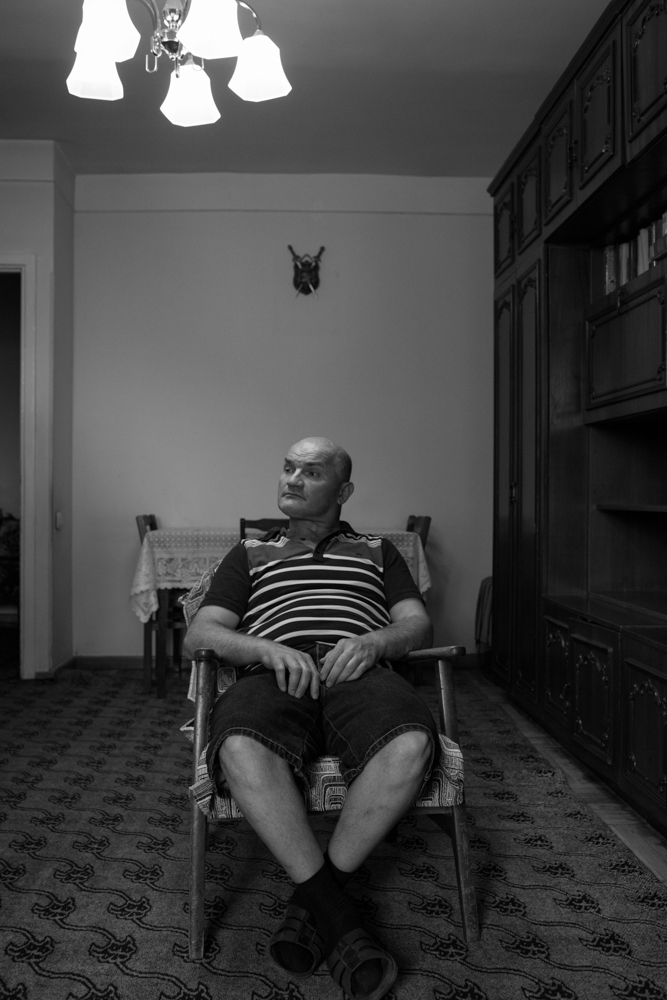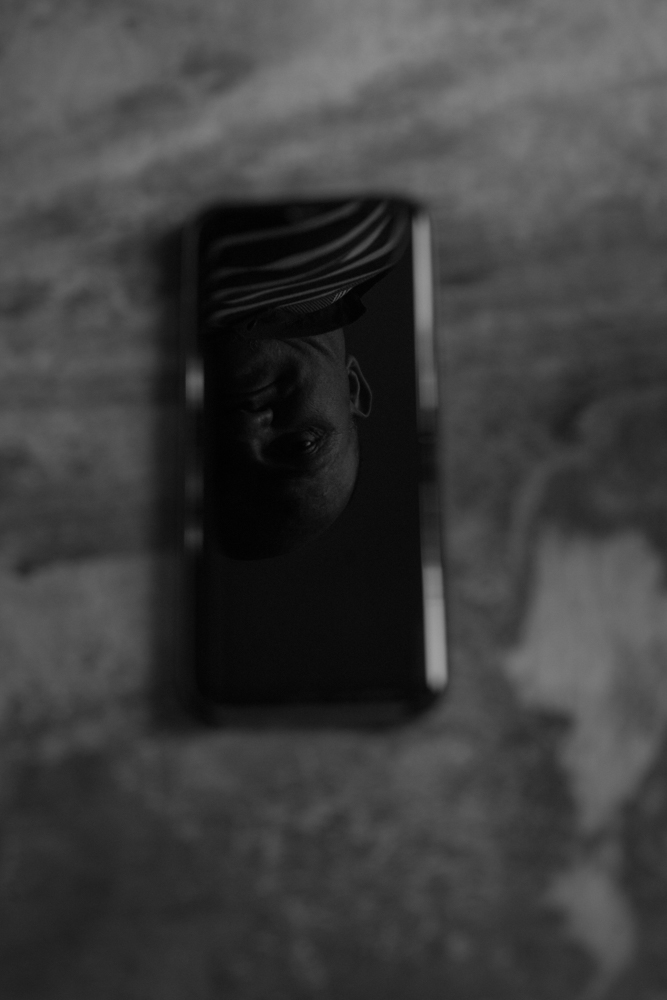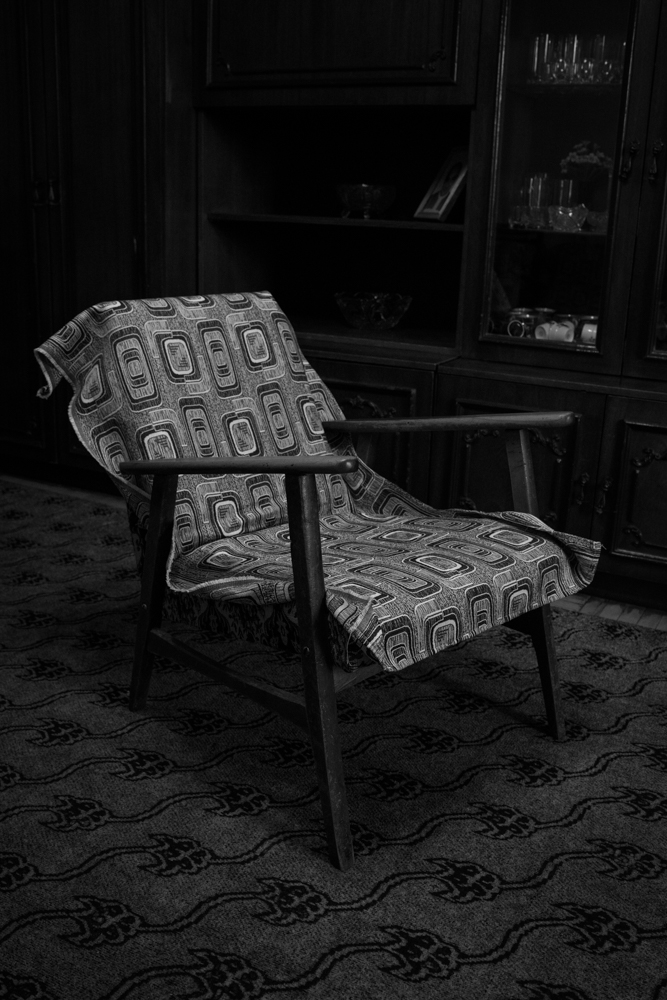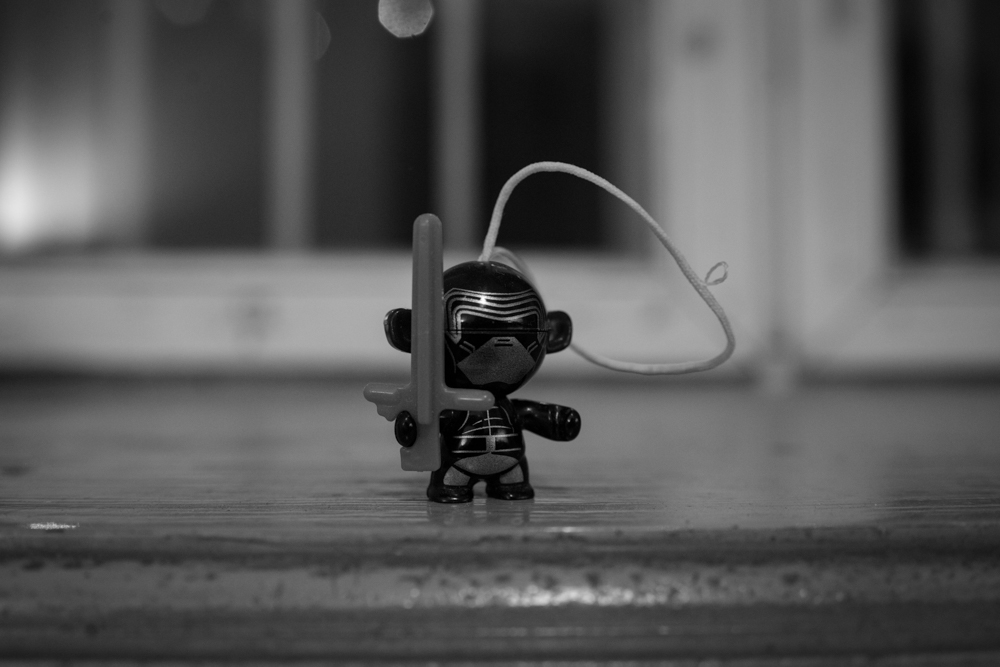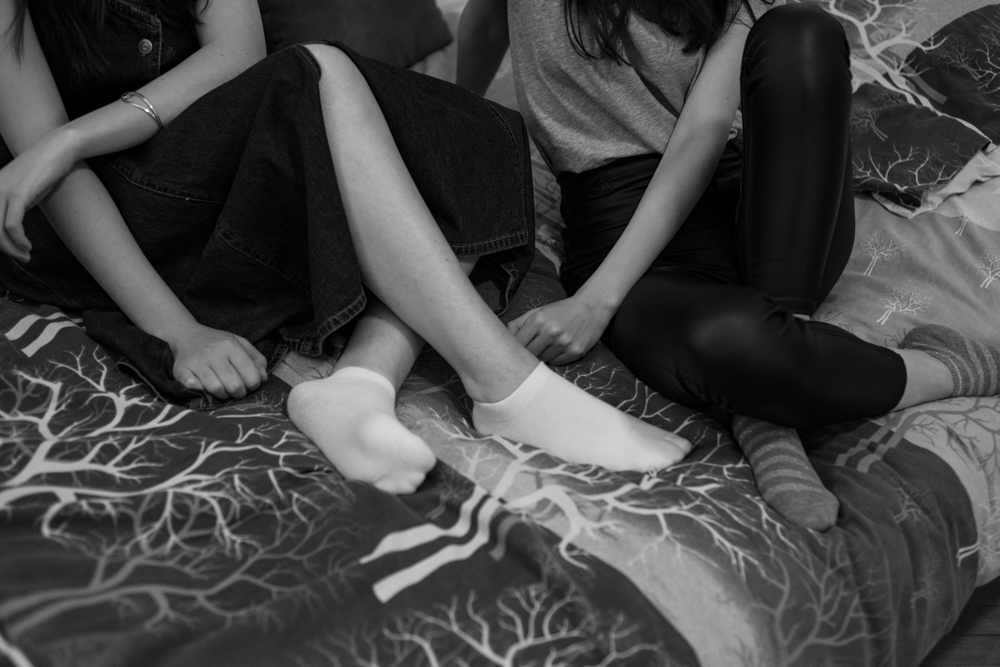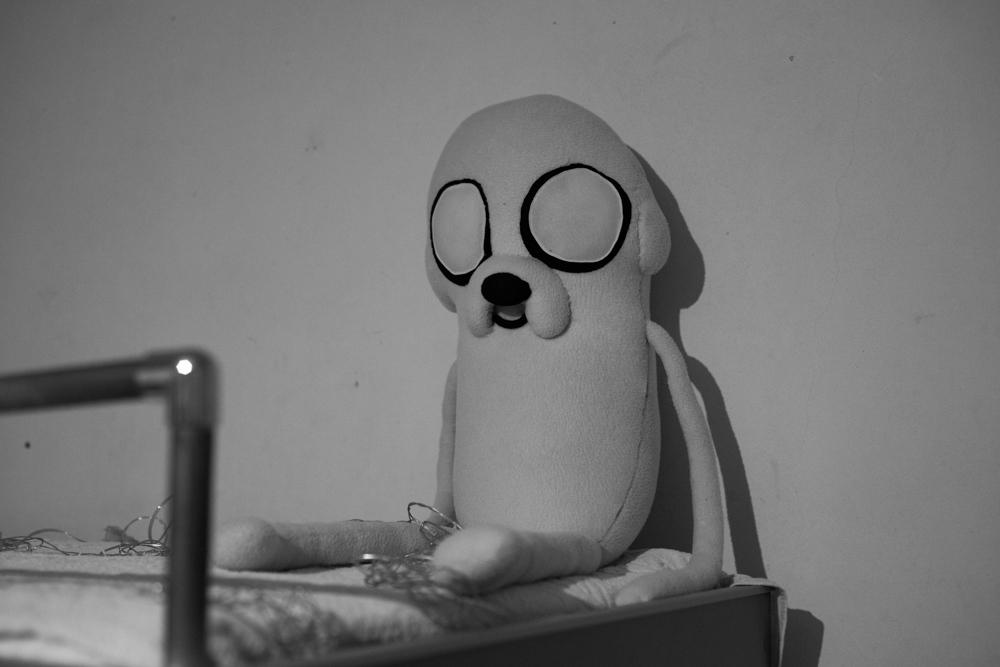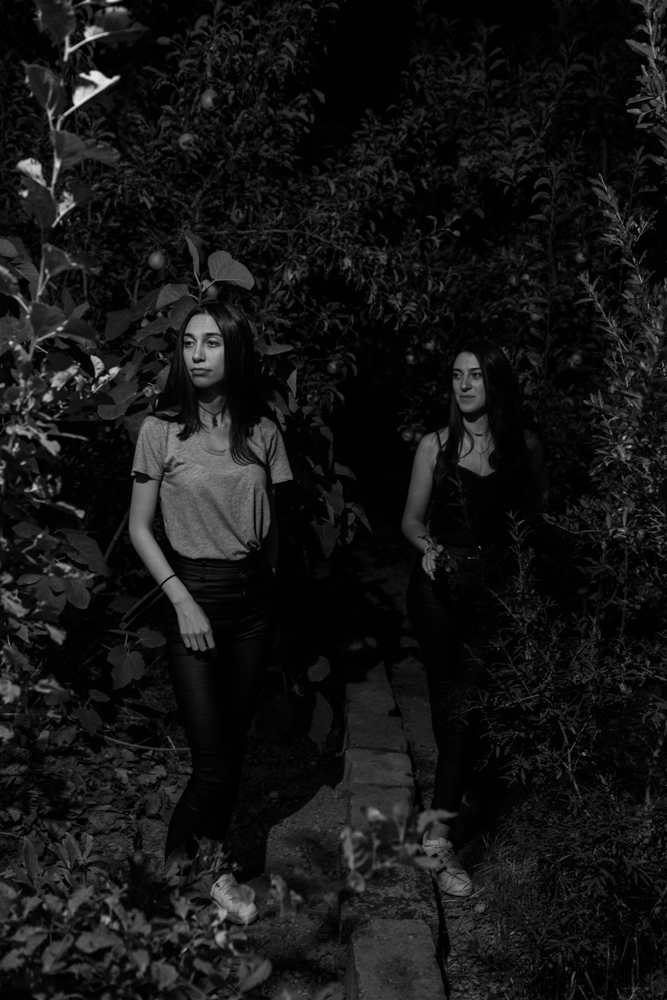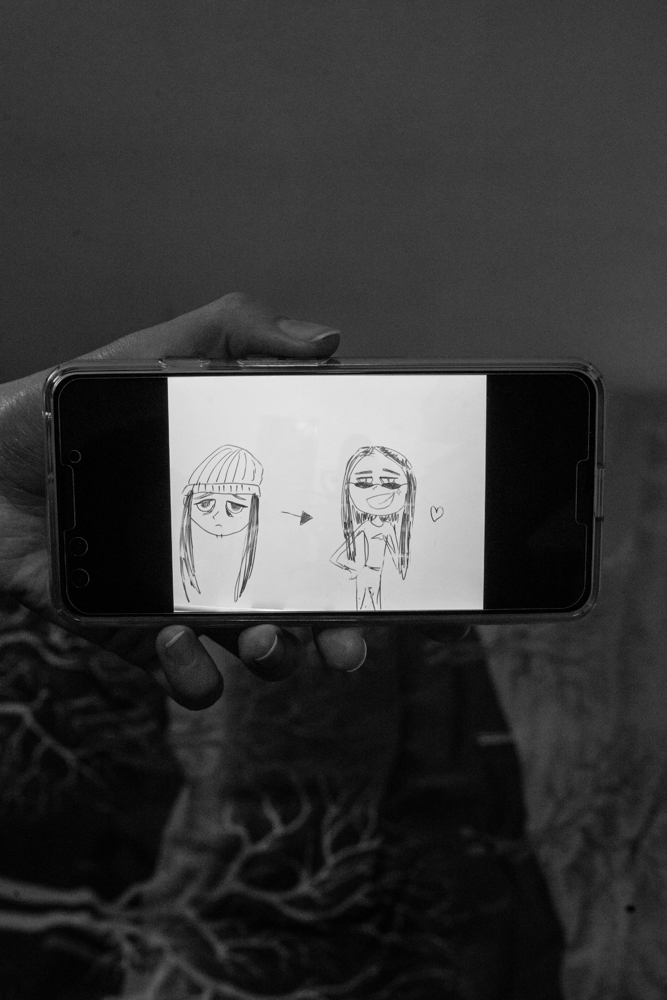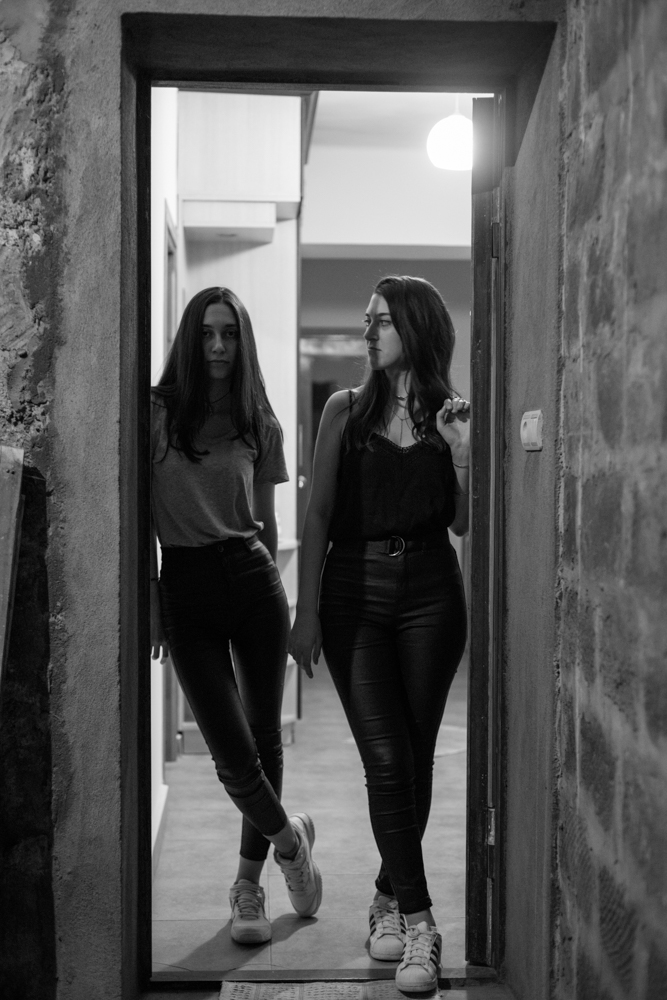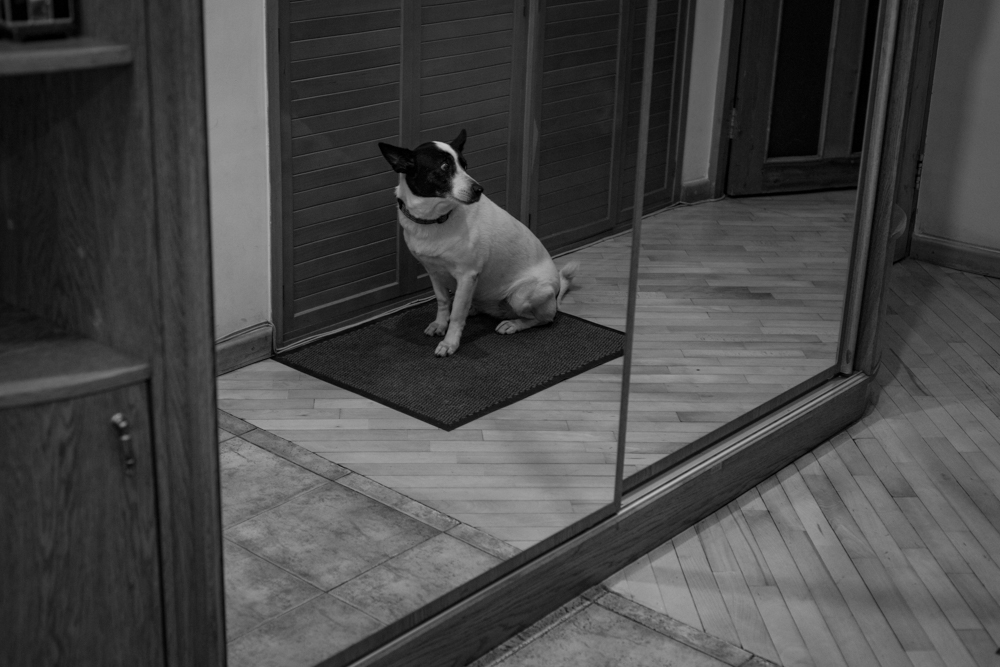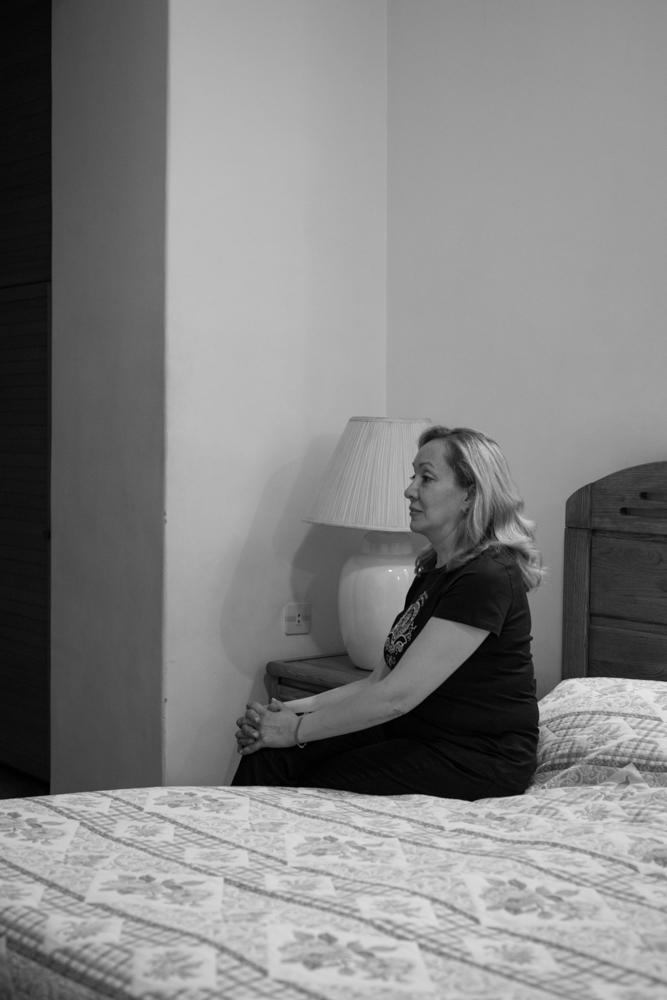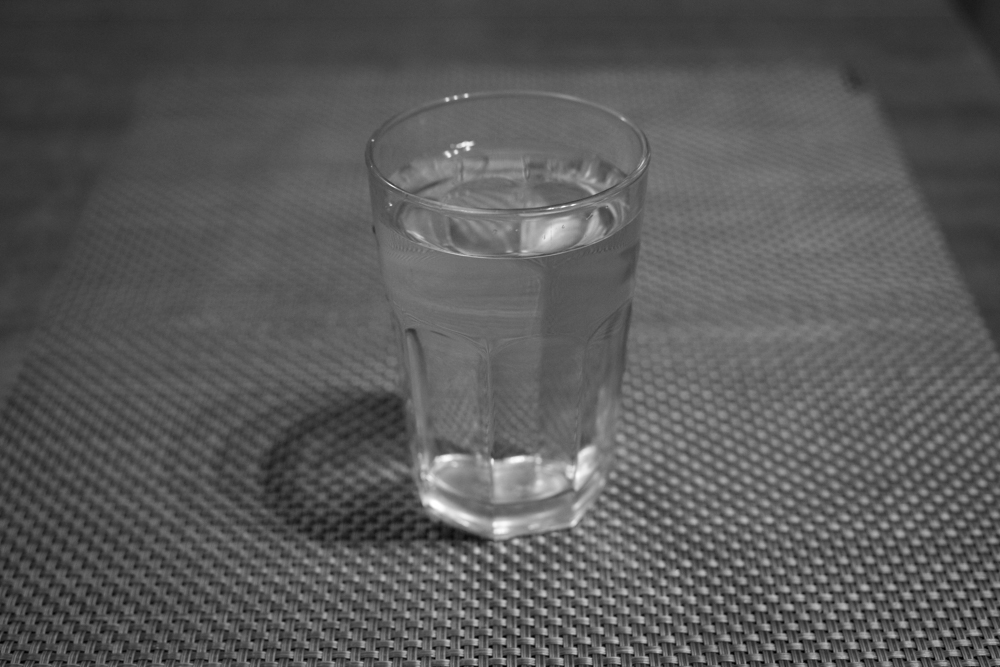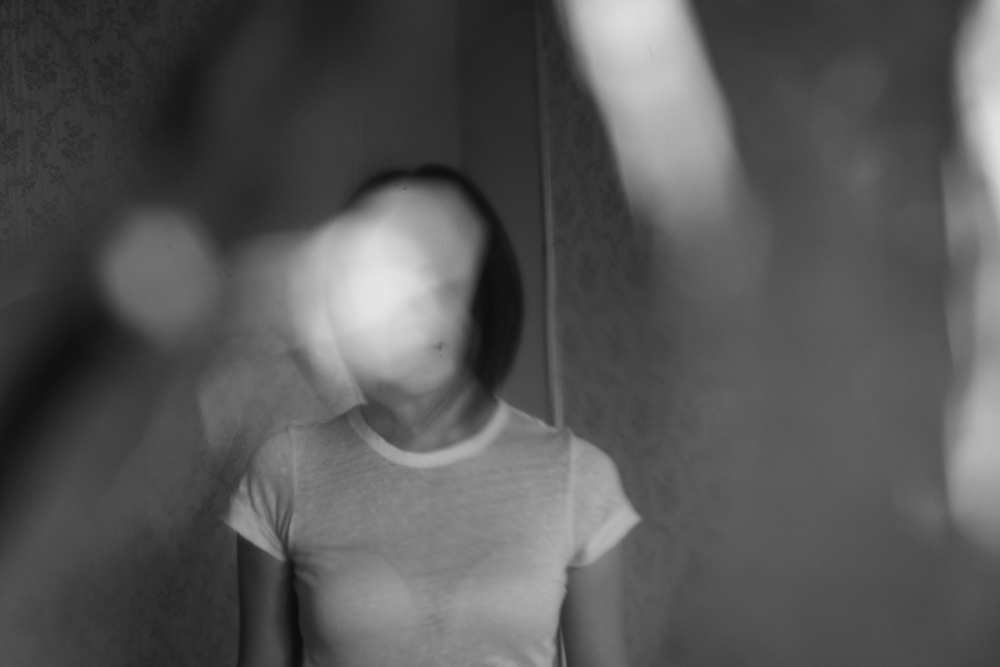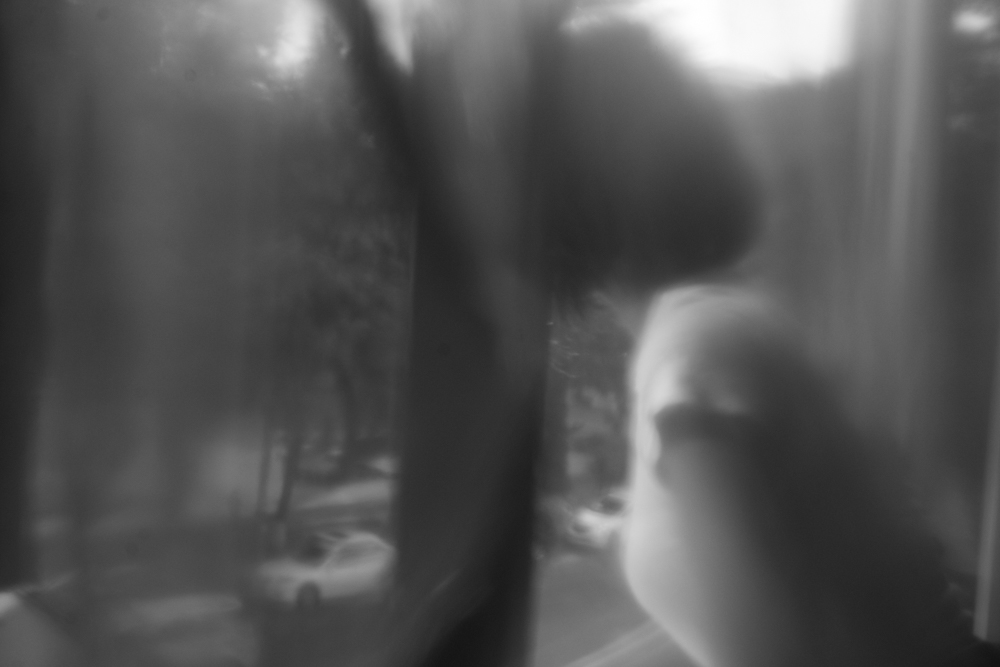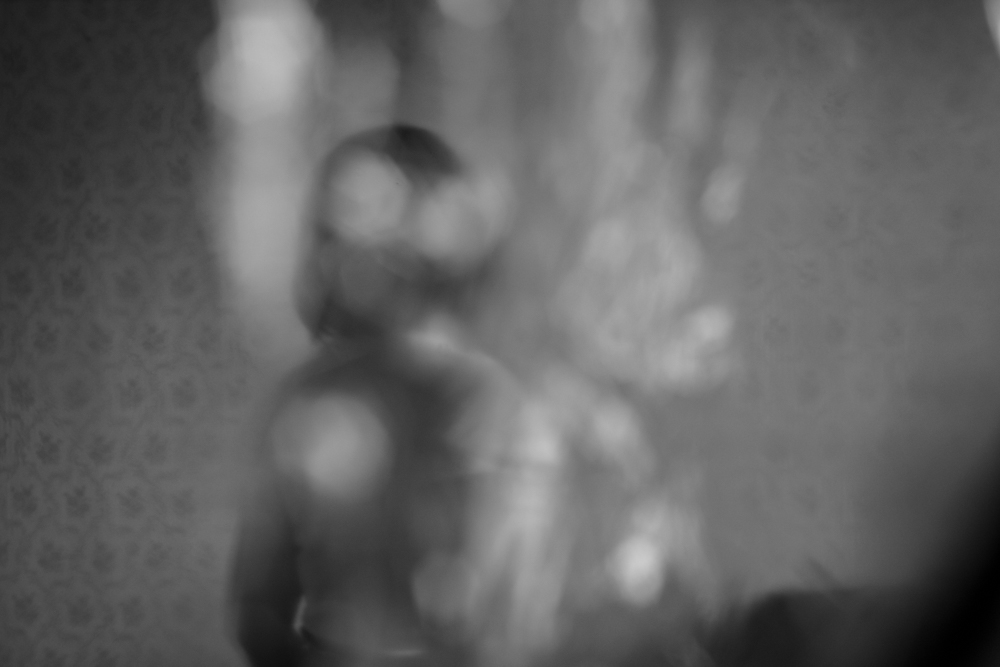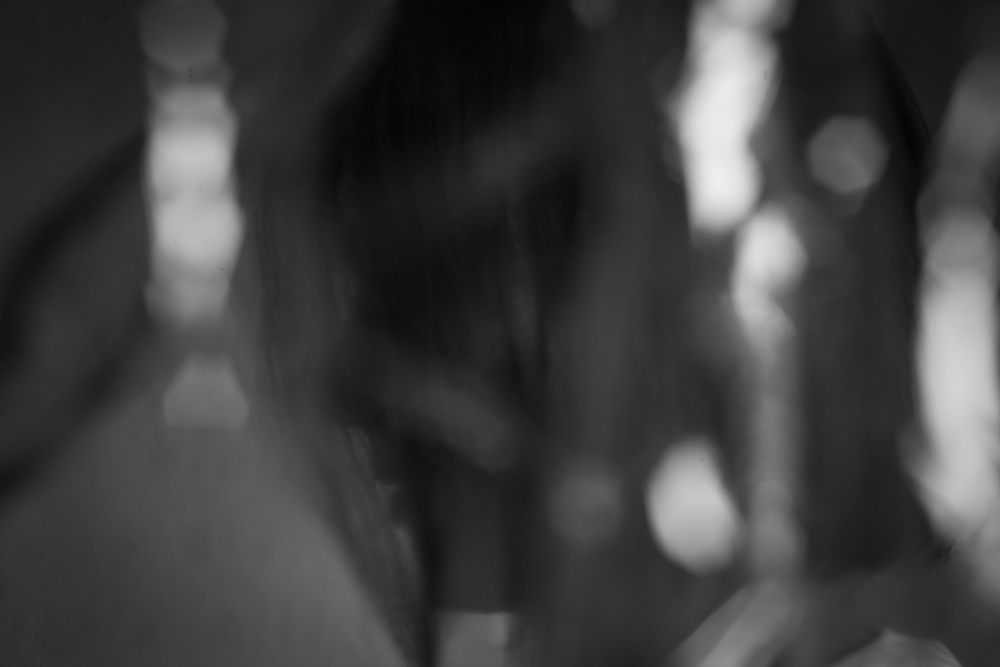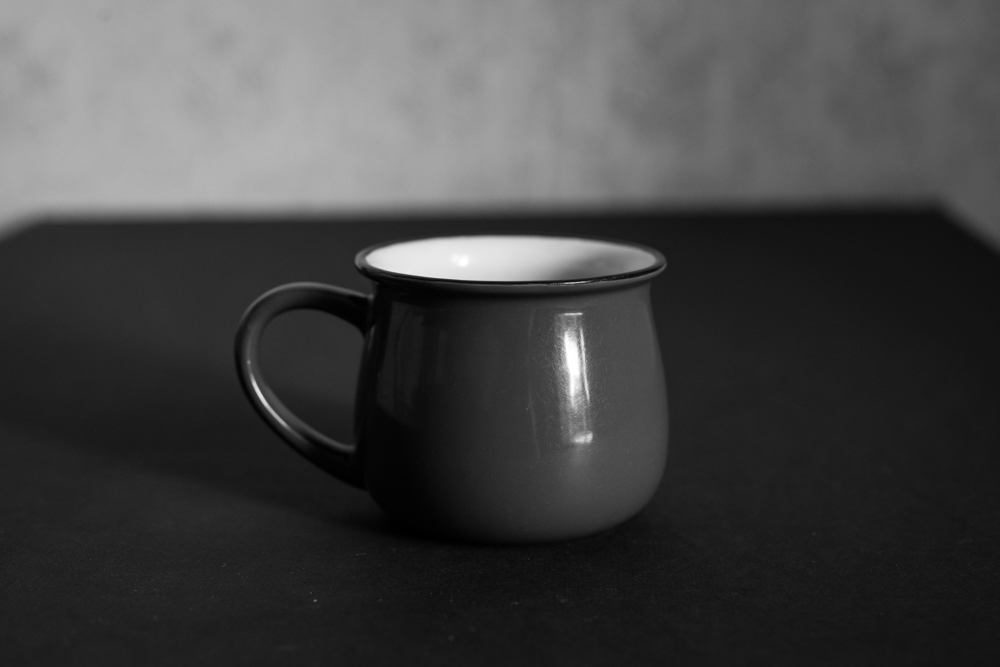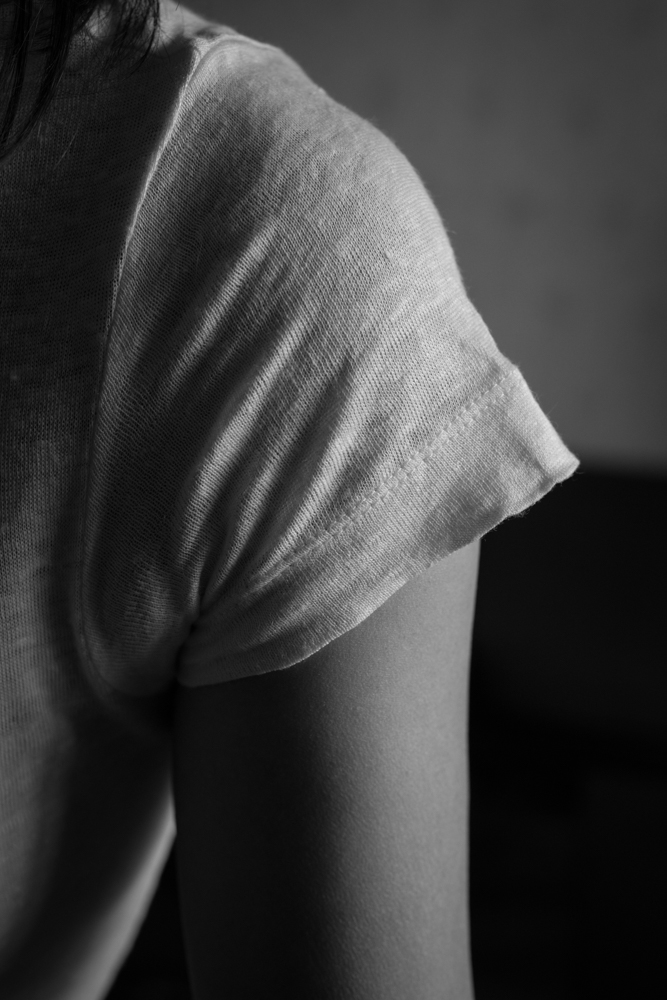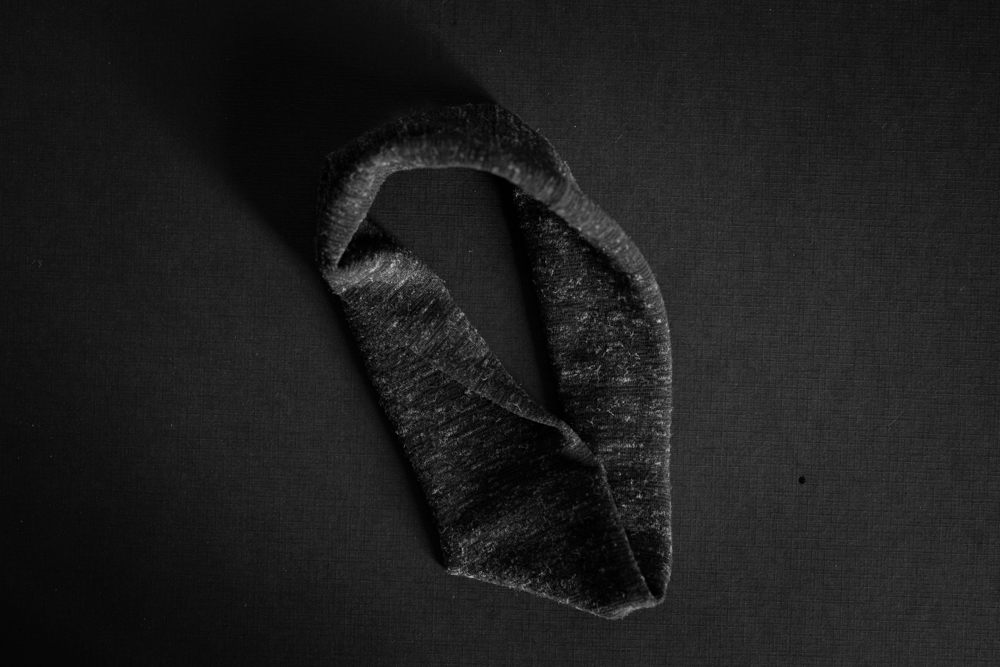A few months ago, it seemed to me that life was divided into “before and after COVID.” Now, with a sharp turn, life is divided again, it has become “before and after the war”. We can only hope that there will be no new “version” of pain dividing our lives in time.
I took these photographs and interviews before the war, during the first COVID-19 wave. Today, as I look back on these distant yet close months, when I read the interviews, when I look again at the photos of the people I’ve seen once, for a few hours, they seem to be my relatives, far from the past, from times so underestimated.
– Actually, we lived happily and didn’t know about it, – murmurs Lilik, the owner of a kiosk adjacent to our building.
– Turns out so, – I answer shrugging my shoulders every time I buy another matsoun.
P.S. The objects depicted in the photo series, along with the portraits, were important items for these people in the hospital or at home.
has no profession, works in the market of the Yerevan railway station, sells bags. He has hearing impairment, disability.
I was worried that I might infect my mother…
I didn’t believe, too, that such a thing could happen, that there is a virus, and when I got sick and went to the hospital, I was convinced that this disease really existed.
I went to an Armenian school (Nor Nork School for the Deaf and Dumb, where my mother works). I can read Russian a little, for example, only messages from my friends.
The most important item for me in the hospital was the phone with the help of which I communicated with my family and friends, mainly via video calls. I communicated with the doctors with the help of my phone․ I’m deaf. I communicated with the doctors with the help of my sister: I got in contact with her via video call, she translated what the doctors told me, and vice versa.
When I was in the hospital, most of all I missed my armchair in our house: this is where I sit. As I get home from work, I eat, change my clothes, bring the armchair to the center of the room and sit down.
I was more active, I even remember writing a status about how I was trying to find out if the kettle was hot or cold. It had boiled but I was not sure, I was trying… I put my finger on it to check the temperature and forgot to take it back, so it burned. It was an epic case showing how unable to concentrate I was, it was horrible…
In my case, it was the other way around: during this quarantine and getting sick with COVID, I became more aware of my inner emotions… I began to understand more clearly what I want to do in this life when I’m not sick. Until now, I have always been running, work, then forced parties, I don’t know what else, and so on… Ok, not forced, but when it takes place you should go, right? Being an introvert, yes, you are constantly overcoming something. But when there comes a time in your life when you can’t do anything physically, you start thinking, communicating with yourself and understanding… After that, you perceive everything differently.
I remember that before COVID our neighbor made repairs on the wall right on our side for several months. And every time he started to work, I would run away. And during this period you just think, ok, it doesn’t matter…
When I was in the hospital, I missed my bed because my hospital bed was terribly uncomfortable. I mean, I had severe back pain. I have a spinal disorder, and at the same time I had an unusual pain. Probably, it was because of the spine problem and pneumonia… It hurt terribly, and I couldn’t lie down.
I can’t say what was the most important thing for me in the hospital, maybe water, because we were constantly told to drink liquids. I couldn’t drink anything else. For the first ten days, the water was bitter.
When me and my mother went to hospital, my only concern was my pets. We have two dogs which my husband had to take care of. My dogs got very upset. They are two girls, one’s name is Archie, the other’s name is Khvostik. They aren’t purebred dogs, I brought both of them from the street, I saved their lives, one is fourteen years old, the other is eleven. When my mother tested negative for COVID in the hospital, I was more happy that my dogs will not be left without care. It was a concern for me, a real concern – how should they stay locked up with my husband for fourteen days? It’s a problem, and whoever has a pet will understand me.
I was taken by ambulance, all of them were in protective gear. That feeling, you know… To be honest, I was ashamed, because it was evening, well, you know, we live in a central street. It was lively in the street, my whole family gathered outside, my son, my brother, my husband. The ambulance arrived, the doctors were in that outfit, we went downstairs with my belongings. Since it was the end of May, there was still a lot of anxiety, and as they took me away, it was like going to nowhere, uncertainty, I had such a feeling…
It was a one-room area with a bed, a TV, a heater and a small cupboard where I could put my belongings: that’s what that room consisted of. It had two doors, and lights were shining through them. I turned off the lights inside, but the outside lights, the artificial light, came in like an echo. Well, the word “echo” doesn’t correspond to the lights, but it radiated like an echo, and in those lights I could hear the conversations from the adjoining rooms. Those modules had such thin walls that I could hear the conversations both from the right and from the left side. It were those conversations that reverberated in my mind like an echo. One was talking about his pneumonia, the other told that he had fear of enclosed spaces, that he had a phobia and asked the doctors to take him away… I could hear the footsteps of the doctors walking back and forth, not only the footsteps, but I also saw the play of light as they walked, how the light was cut off, it was constantly cutting off, I could constantly hear the tapping. All that was like a movie for me, that was a shocking waiting. I slept for five minutes, then I woke up, then I slept for five minutes, then I woke up, I slept again…I heard conversations, I heard footsteps, I heard how doctors gave instructions to different patients, and that night I counted approximately where and how many people were taken. The doctors came and told people that they tested positive, that they had to take them away, that emotional state of the people… Before getting my test result, I already breathed, lived, I already felt how people feel after getting a positive result, although I was hundred percent sure that I would be tested positive.
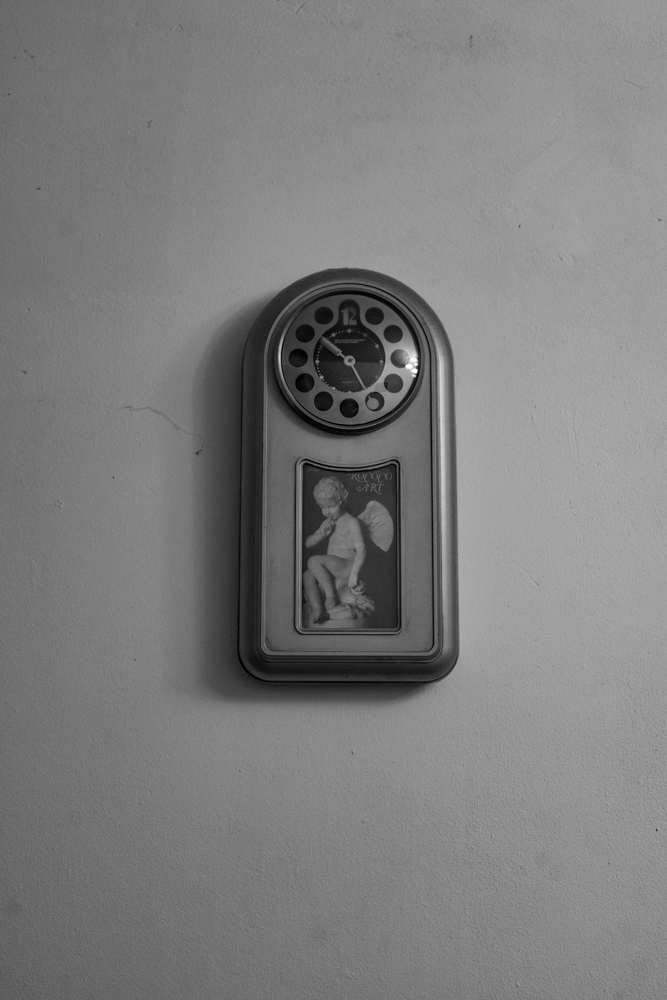
I got infected for the second time on July 24. I had bilateral infiltrative pneumonia, COVID-typical. I think I had about 15-20% pneumonia. It wasn’t unbearable but pneumonia tends to spread. And you have to prevent it from spreading, try to promote absorption where it already had spread.
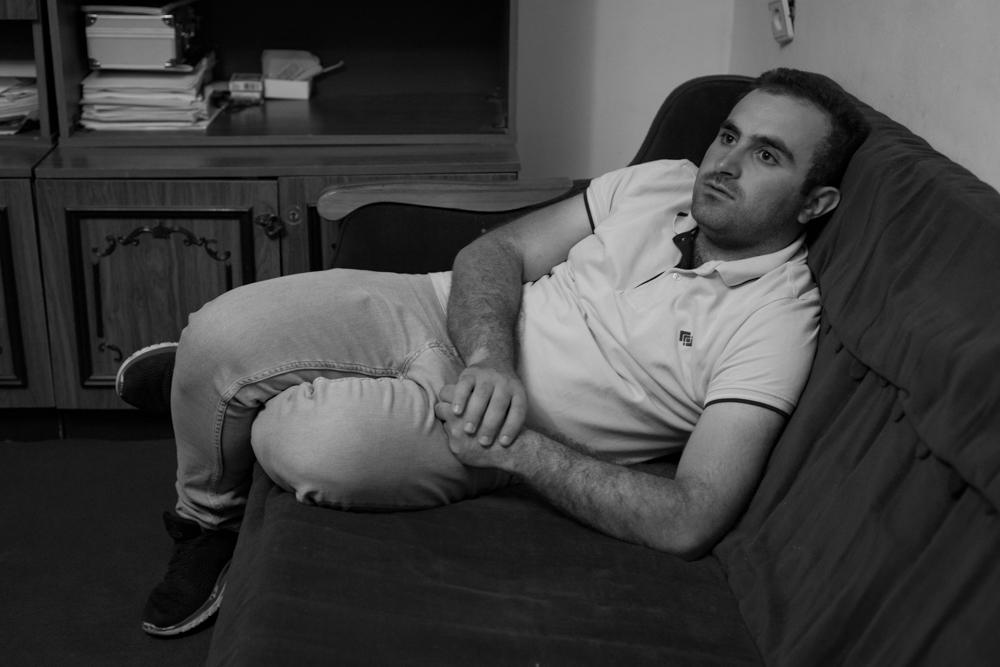
Now I’ll tell you about a case: we had a person with mental problems, he was in one ward with another patient just because there was no room in another ward. The behavior of that man towards both us and the other person in his ward who had physical problems, needed care… He was the patient that I didn’t understand from the first moment how to communicate with. I adopted the principle that, if working with him, you can’t work with respect, understanding, mutual consent, it’s the fear that should work. He was the patient whom I had to scare in order to manage working with him, there was no other way…
He died… Before his death, he had offended many of the hospital workers. I can’t define his mental illness but he definitely had big problems… Before his death, one of the girls came to help him, and he said: “My God, I’m sorry, I hurt all of them, I hit them…” It happens a few seconds before death, I guess. I think that every person feels his death…
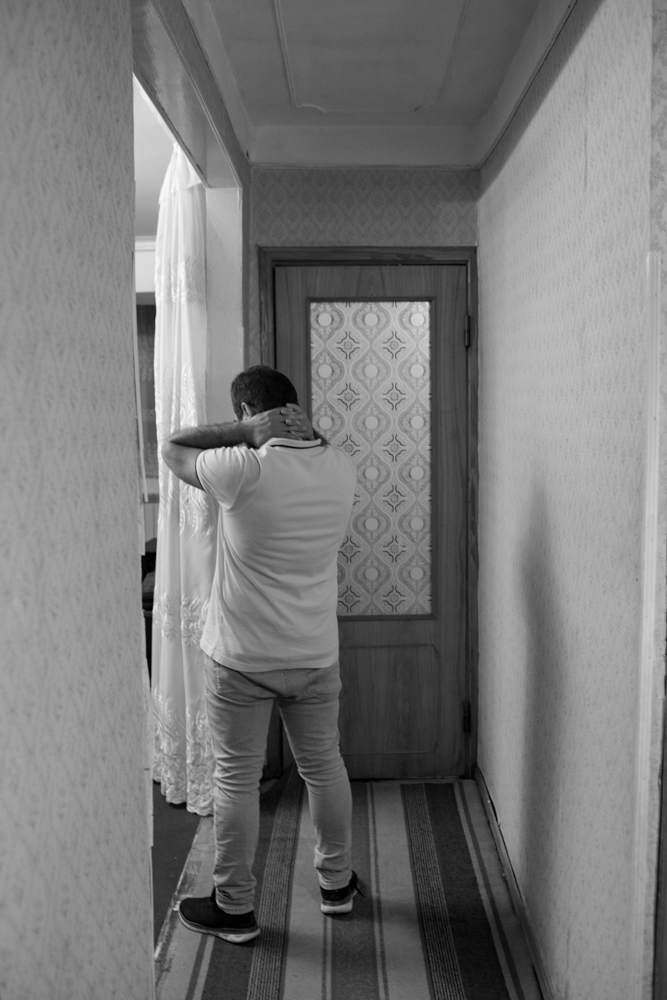
The publication was prepared in the framework of “Strengthening Independent Media in Europe and Eurasia” project implemented by Media Initiatives Center, with the financial support of Internews.



